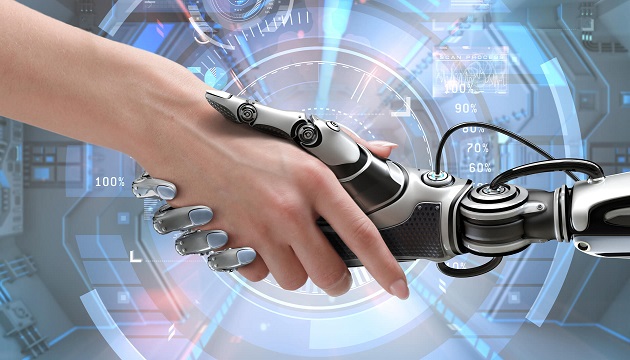Written by
Jerônimo do Valle
We know that digital technology has had an overwhelming impact on every area of our lives in recent years. Today, we can manage almost everything through our smartphones, from making appointments to paying bills. Now, technological innovations have also arrived in the workplace, completely revolutionizing the way we perform our professional roles.
In this context, it's normal for many people to fear that the constant advancement of workplace technology will make them obsolete, and while it's unavoidable to say that digital transformation and AI will replace some jobs, the good news is that it will create more vacancies than it eradicates. According to the World Economic Forum, technology will displace 85 million jobs globally, but will create 97 million new jobs by 2025. It will also increase skilled positions and enable employees to be more efficient and productive.
The fact that digital technology creates more jobs than it eradicates means that the biggest concern is not a net job loss, but a digital skills gap.
Other types of traits, including critical thinking, problem solving, stress tolerance and self-management, will be in high demand. This is good news because these abilities are inherently human. So, although some functions are no longer needed, the true needs of the future cannot be replicated by robots.
Fears aside, the fact is that humans as a group were not replaced by computers when they were brought into businesses and offices, just as artificial intelligence will not entirely replace us. It's more likely to allow us to do more on the same journey, and that's good news for executives, because efficiency is the key to growth and increased profits, and it gives employees a better work-life balance; the typical WIN / WIN scenario.

